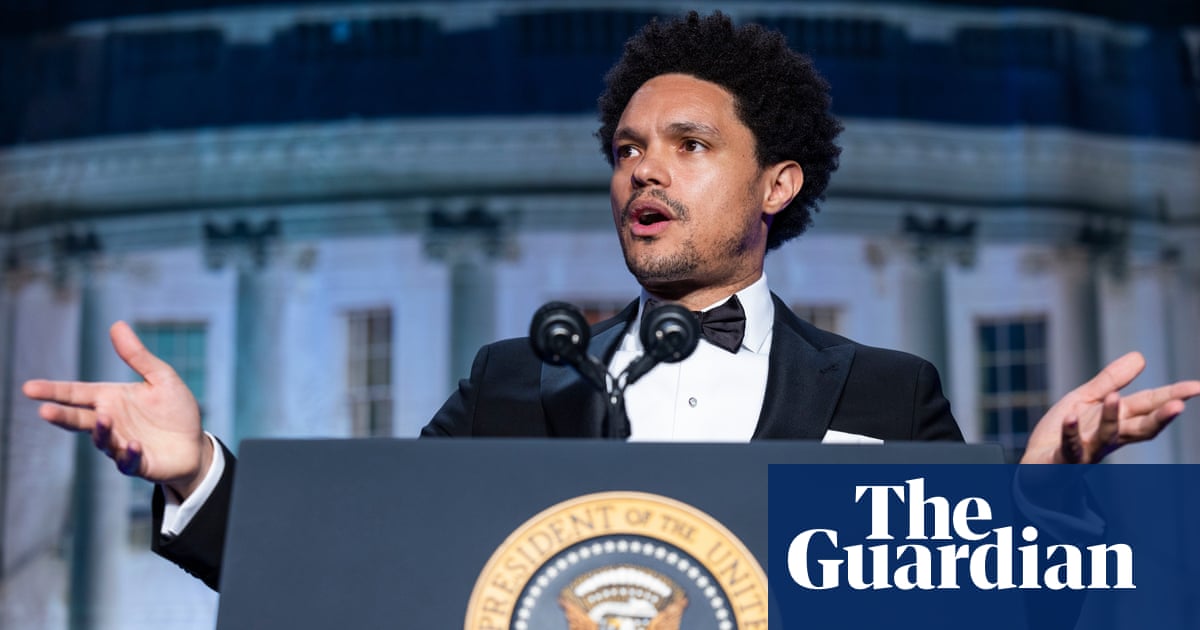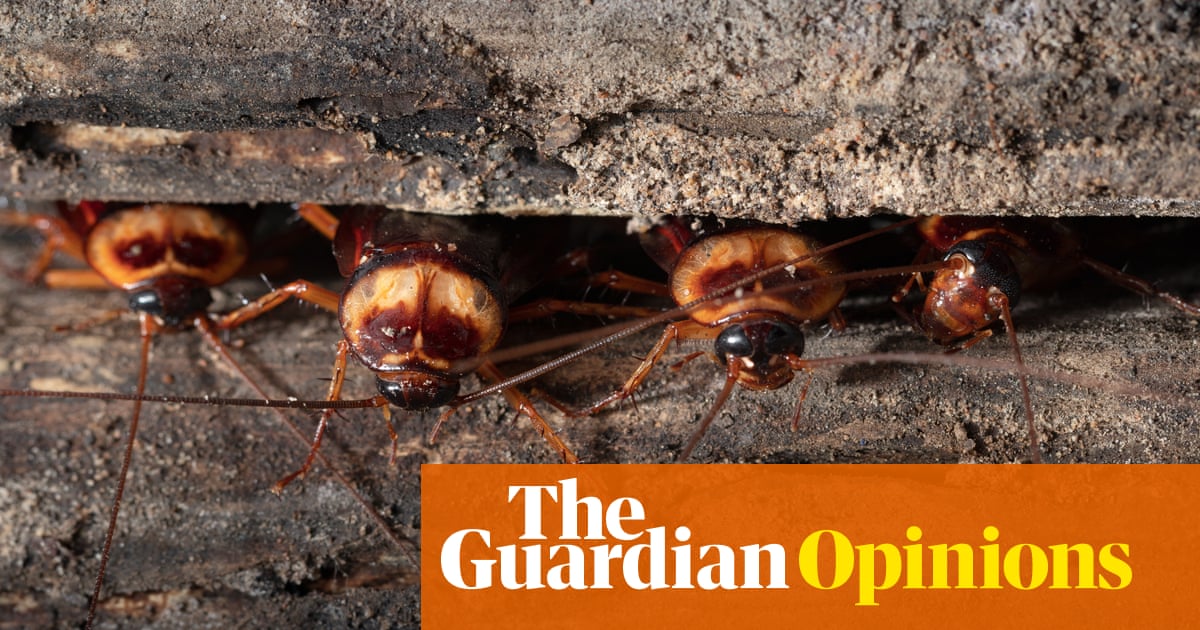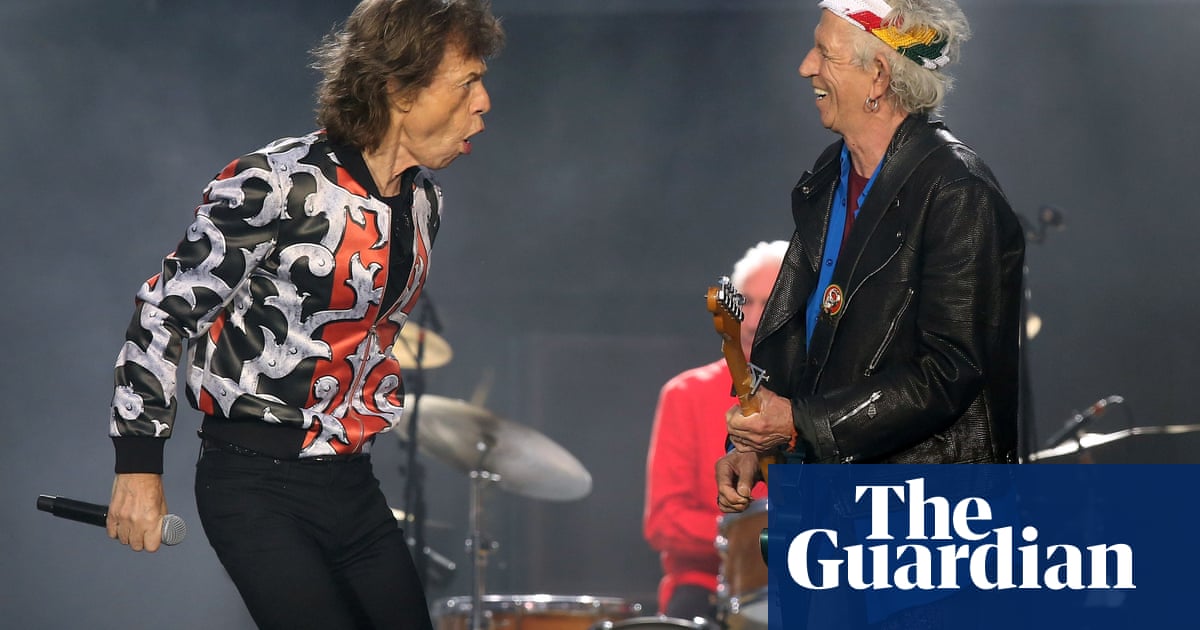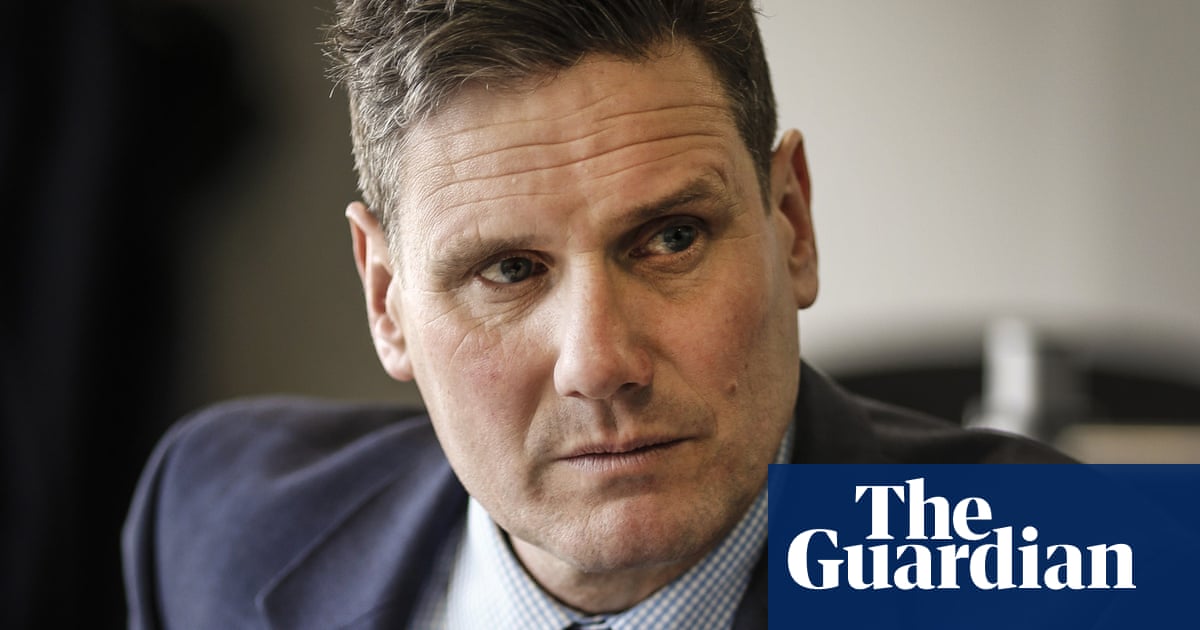
Signing off from Comedy Central’s The Daily Show in August 2015, Jon Stewart delivered a powerful soliloquy about the “bullshit-ocracy”. He finished: “I say to you tonight, friends, the best defense against bullshit is vigilance. So, if you smell something, say something.”
A year and three months later, Donald Trump was elected US president.
Earlier this month Stewart’s successor, Trevor Noah, delivered his own final monologue as he departed the show. “I always tell people: if you truly want to learn about America, talk to Black women,” he said, his eyes clouding. “Because unlike everybody else, Black women cannot afford to fuck around and find out.”
The two parting shots captured the contrast between Stewart and Noah, whose own heir has not yet been announced. Al Franken, Chelsea Handler, DL Hughley, Leslie Jones, John Leguizamo, Hasan Minhaj, Kal Penn, Sarah Silverman, Wanda Sykes and Marlon Wayans are set to take turns as guest hosts when the program returns on 17 January.
They will enter a landscape in which the targets are less vivid than during Noah’s seven-year tenure: a norm-busting Trump presidency, global pandemic and racial reckoning that saw the South African comedian deliver some of his most thoughtful work.
At 38, Noah is eager to get back to comedy touring and other projects, having brought an international and multicultural perspective to The Daily Show and an under-appreciated skill as an interviewer. Some of his best moments were serious rather than funny.
Stephen Farnsworth, co-author of Late Night with Trump: Political Humor and the American Presidency, said: “One of the great contributions that Trevor Noah made to political humour in this country was the provision of a much more international and multicultural orientation.
“The world of late night humour, particularly as seen in the United States, is very much a white North American-focused narrative. Noah was able to provide both an insider and outsider look at what was going on in the United States and very few late night hosts could do that.”
Noah highlighted issues such as police misconduct during the Black Lives Matter protests of 2020. Farnsworth, director of the Center for Leadership and Media Studies at the University of Mary Washington in Fredericksburg, Virginia, added: “For someone coming out of South Africa, his insights on the racial dynamics of policing in America, particularly in the wake of George Floyd, had no real parallel among these late night shows.”
The Daily Show suffered a drop in ratings on Noah’s watch but that was inevitable as viewing habits shifted from appointment viewing on TVs to individual clips being consumed via social media. It also faced increased competition from satirical rivals such as Last Week Tonight with John Oliver on HBO, although earlier this year Full Frontal with Samantha Bee was cancelled by TBS after seven seasons.
Farnsworth said: “In many ways the impact of late night humour is more pervasive than ever. A generation ago you basically had to stay up late to watch it but now the late night hosts have social media channels and there is a huge amount of peer-to-peer sharing of that content and even places like the New York Times have daily reports about the highlights of yesterday’s late night programming.
“The ratings for people watching at the time it airs, of course, is going to fall just like the print circulation or the live audience for the nightly newscast but that doesn’t mean that their impact has evaporated.”
Political satirists will inevitably find public attention turning to the 2024 presidential election and the question of how to handle another Trump candidacy. Some may find him an irresistible target; others may decide that it is hard to find humour in his violent coup attempt on 6 January 2021, or his hosting of a Holocaust denier.
Late night host Stephen Colbert now avoids mentioning Trump’s name whenever possible, deploying comic alternatives such as “the Floridian Fondler” and “Tangerine Palpatine”. And the days when Alec Baldwin’s Trump was must-see television on Saturday Night Live are long gone, though current Trump player James Austin Johnson arguably does a more authentic impression.
For all his gaffes and shades, Joe Biden is less target rich. Farnsworth said: “The challenge for making fun of Biden, at least the current version of Biden, is that he doesn’t lend himself to mockery in the same way. The old Biden, who was much more loquacious and maybe handsy, landed himself a target of more humour.
“Now I feel like the Biden humour is very much focused on the ‘dark Brandon’ memes and old guy narratives and a president who likes to wear sunglasses. It’s just not simply the same as a guy trying to be field commander of an insurrection.”
Unlike other past presidents, however, Trump still looms large in the satirical landscape. He remains in the news as multiple investigations unfold and he tees up yet another White House bid.
Farnsworth continued: “The big challenge for late night programming has been what to do when Trump was president and now when Trump is ex-president but still very visible in the political environment. In many ways, Trump was a comedy writers’ dream. If humour is the gap between what someone says and what they do, the blustery self-proclaimed billionaire who finds it hard to tell the truth consistently is comedy gold.
“The problem, though, is if Donald Trump is the equivalent of political crack cocaine, how do you end your addiction? When you look at the political humour programming since Joe Biden became president, you still see an immense focus on Trump. That is a great challenge for these shows. I’m not sure that season six of the Trump show is providing a lot of new material.”
Noah – who headlined this year’s White House Correspondents’ Association dinner – had a distinctive approach to Trump. One of his earliest segments memorably described the New York celebrity businessman, then a long shot candidate, as the perfect African president, evoking Idi Amin of Uganda, Robert Mugabe of Zimbabwe and especially Muammar Gaddafi of Libya.
David Litt, a political speechwriter and author of the humorous memoir Thanks, Obama: My Hopey Changey White House Years, said: “Because he came from apartheid South Africa and didn’t come from the United States, I think he saw Trump as less anomalous than many Americans did.
“A lot of Americans thought something like this could never happen until it happened. Whereas Trevor Noah’s perspective sometimes was, this kind of thing happens all the time, it’s just that it doesn’t generally happen for America or at least you don’t all recognise, you don’t admit that it happens when it does.”
He added: “That gave him a different perspective – not better or worse – just different from a lot of other late night hosts during the four years Trump was in office and then also during the last two when Trumpism has been a defining force in American politics, even if Trump himself is not in the White House.”
Litt was impressed by the segments in which Noah just riffed on his thoughts with the audience. “That might be what the Trevor Noah Daily Show is best remembered for because that’s so rare for a television show to do. It’s so rare for a host to do well and it’s also a clear sign of a show that understood that it is built for social media and the internet in addition to traditional TV.”
The build-up to the 2024 Republican primary is likely to offer comedians rich pickings: a banquet of candidates to lampoon. But Trump is now a known quantity. Mainstream media organisations were widely criticised for giving him too much free airtime in the 2016 campaign. Late night host Jimmy Fallon got in hot water for humanising Trump by playfully stroking his hair.
Drexel Heard, a Democratic strategist based in Los Angeles, said: “With all the stuff that’s been going on with the January 6 committee, with the tax returns, that’s not stuff that you can joke about anymore. Controversy can be comedic but this is too serious to be comedic.
“This is democracy at stake. This is Americans feeling things in their pocketbooks but then realising that the president only paid $750 two years in a row. I paid a lot of taxes last year and I’m like, ‘wha-at?’ I don’t think that those are funny things that they can joke about for a long period of time.”
Heard added: “Ignore Donald Trump is probably what they’re going to have to do because everybody learned not to give him free airtime. How much longer are we going to continue to give Donald Trump free airtime is going to be the question.”












